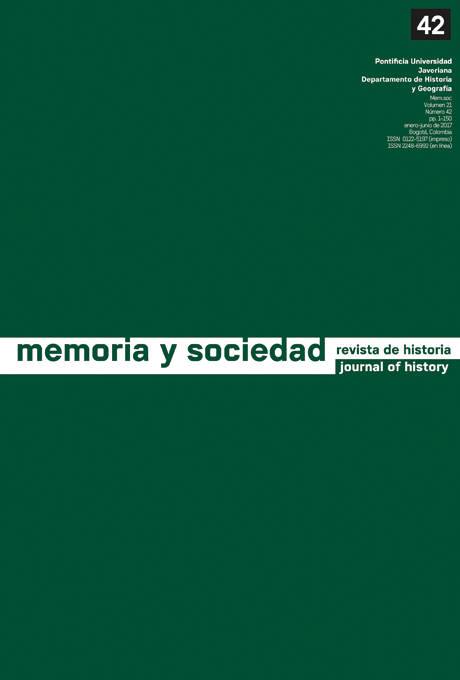Abstract
This paper shows that, although people in the Middle Ages resorted to vengeance and private wars to solve conflicts, there were also controls other than violence. Therefore, Norbert Elias is wrong in attributing an uncontrolled aggressiveness to medieval society. Historian Marc Bloch is also wrong to suppose that violence was the consequence of an emotional instability or the uncivilized nature of the Feudal Age. On one hand, we claim that the progressive consolidation of monarchies and a renewed administration of justice since the twelfth century contributed to the reduction of violence. On the other hand, we state that this did not prevent private acts of justice from pursuing a purpose similar to that of the monarchy: peace above punishment. Finally, we conclude that these centralized powers, the papacy and monarchies, promoted their own violence against internal dissidents and Islam: the crusades, extremely violent wars. These theses are developed using the historiographic method, that is, the contrast between studies on violence today and in the Middle Ages.
The journal Memoria y Sociedad is registered under a Creative Commons Attribution 4.0 International Public License. Thus, this work may be reproduced, distributed, and publicly shared in digital format, as long as the names of the authors and Pontificia Universidad Javeriana are acknowledged. Others are allowed to quote, adapt, transform, auto-archive, republish, and create based on this material, for any purpose (even commercial ones), provided the authorship is duly acknowledged, a link to the original work is provided, and it is specified if changes have been made. Pontificia Universidad Javeriana does not hold the rights of published works and the authors are solely responsible for the contents of their works; they keep the moral, intellectual, privacy, and publicity rights.
Approving the intervention of the work (review, copy-editing, translation, layout) and the following outreach, are granted through an use license and not through an assignment of rights. This means the journal and Pontificia Universidad Javeriana cannot be held responsible for any ethical malpractice by the authors. As a consequence of the protection granted by the use license, the journal is not required to publish recantations or modify information already published, unless the errata stems from the editorial management process. Publishing contents in this journal does not generate royalties for contributors.

